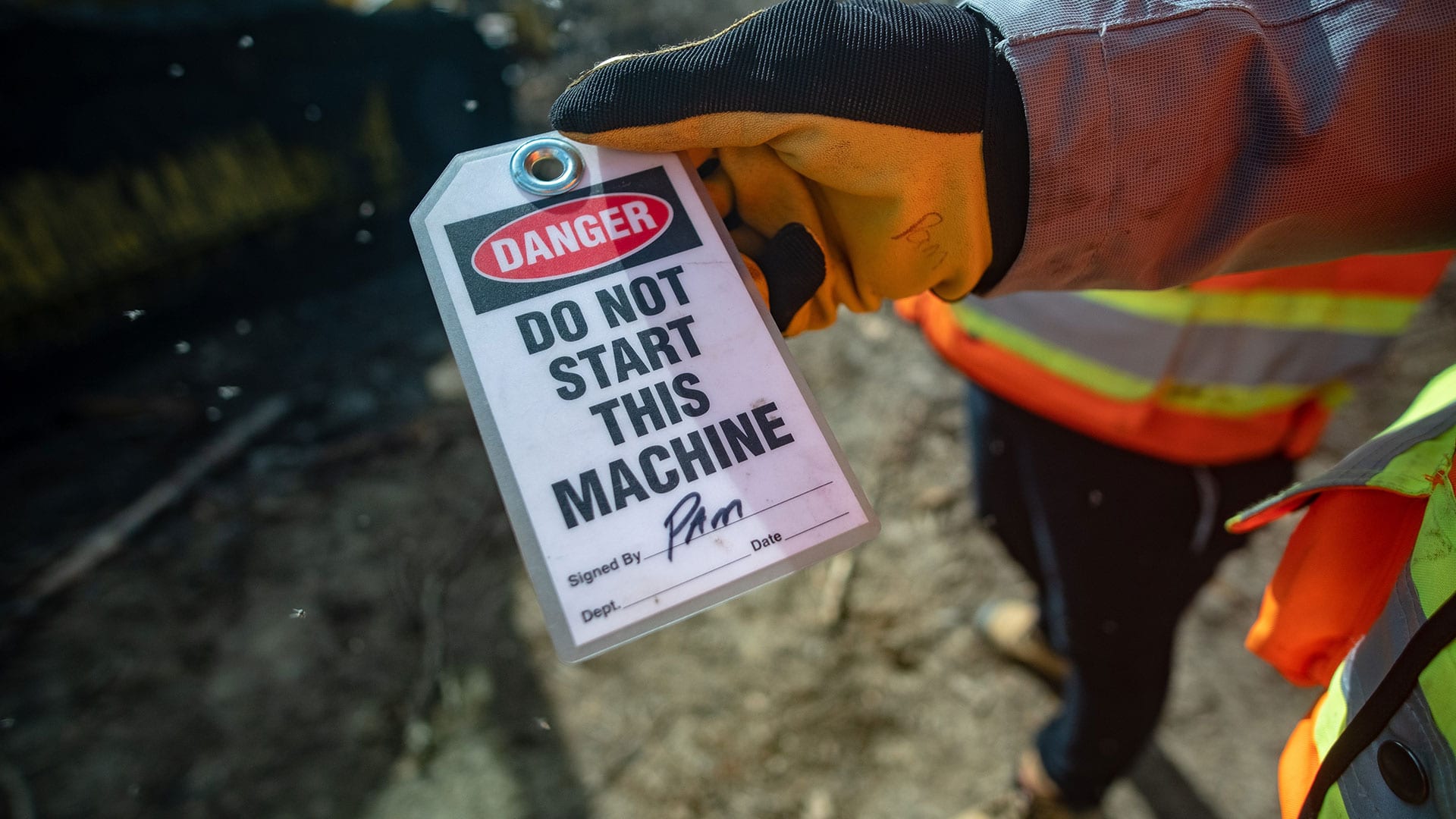On the Tłı̨chǫ all-season road job site, the industrial hum of bulldozers and excavators just about drone out the incessant buzz of the bugs.
In their fifth and final week, students from 19-35 are undergoing evaluations to see how much they’ve learned.
It’s been a challenging yet rewarding experience for Kimberly Football, who is one of 11 participants receiving certification in heavy equipment operation (HEO).
“When we got in the ditch in one of those muddy areas, a rock truck went in first, so for it to get out we had to use the dozer and I was on the dozer,” Football said, adding she was able to get the equipment out from the mud.
“Now we don’t have to say, ‘I don’t know,’ or call an engine a ‘thing’, Knowing the precise names of everything means we won’t ask for the wrong equipment to be brought to us,” she said.
Like many here, Football enrolled in the program to shape her future, quite literally as they helped with the major all-season road project for the fly-in remote Tłı̨chǫ Dene community of Whati, northwest of Yellowknife. The three-year project links the roughly 400 residents of Whati to the nearby Highway 3, which connects around Great Slave Lake to Yellowknife and south to Alberta.
Football said she was ready to leave her office job behind to embark on a new career path, but similar hands-on infrastructure training is rarely delivered in her hometown of Wekweètì, a fly-in neighbouring community northeast of Whati.
“It’s tough finding a sitter or even just having your class five driver’s license and basic knowledge of heavy equipment,” she said.
After two weeks of classroom safety and maintenance training students tested their skills in rock trucks, excavators and dozers.

Scott Russel, an instructor and coordinator with hme Enterprises who teaches the certification said he had seen great improvement in all of the students and noted the real world experience would greatly improve their employability.
“Our training here, we try to tailor it to be on the job training. We aren’t setting up mock areas where we are digging a hole and filling the hole. Or putting a pile of gravel down and letting the bulldozer fill it in. We are actually building road on a real jobsite,” he said.
Joseph Simpson of Whati already had some experience clearing forest, but working on the road allowed him a personal connection with the land as he learned a little more about the topography.
“There was a lot of swampy areas, more than I thought,” he said. “We had to get trees on the side of the road or dig up gravel in the ground to be able to make some hard ground and compact before going in with the rock truck.”
The road is also expected to boost tourism along with resource extraction projects for the Tłı̨chǫ. Ontario-based mining firm Fortune Minerals Ltd., is set to open a mine near Whati.
For Simpson, it’s important that his community is properly trained and has first dibs on project jobs to reap the economic benefits.
“Just make sure you watch the land, is the first thing for me. We are working on our land so we have to make sure there is no debris on the land and we pick up after ourselves. If we see someone not doing that make sure we report it,” he said.
Pamela Moosenose of Whati said she didn’t have to think twice about taking the HEO training. She believes the road will greatly improve residents’ access to goods and services, which could in turn lower the cost of living.
“I think it is a good opportunity for the community to bring in furniture and lumber. If people were to buy a house it will be easier to transport it here, instead of waiting for winter,” Moosenose said.
She’s also thankful that it will reduce air traffic, as flights to and from the community are frequently delayed and cancelled in the fall and winter due to fog and snow.
Construction on the $411.8 million dollar road broke ground in August 2019 and is on track to open to the public by fall of 2021.
Kiewit Canada Development Corp. a Toronto-based engineering company, holds majority interest in the project, with the Tłı̨chǫ Government owning a 20 per cent equity stake.
The HEO training was a collaboration between the federal, territorial, and Tłı̨chǫ governments and contractors including Kiewit and Tłı̨chǫ Investment Corporation.









